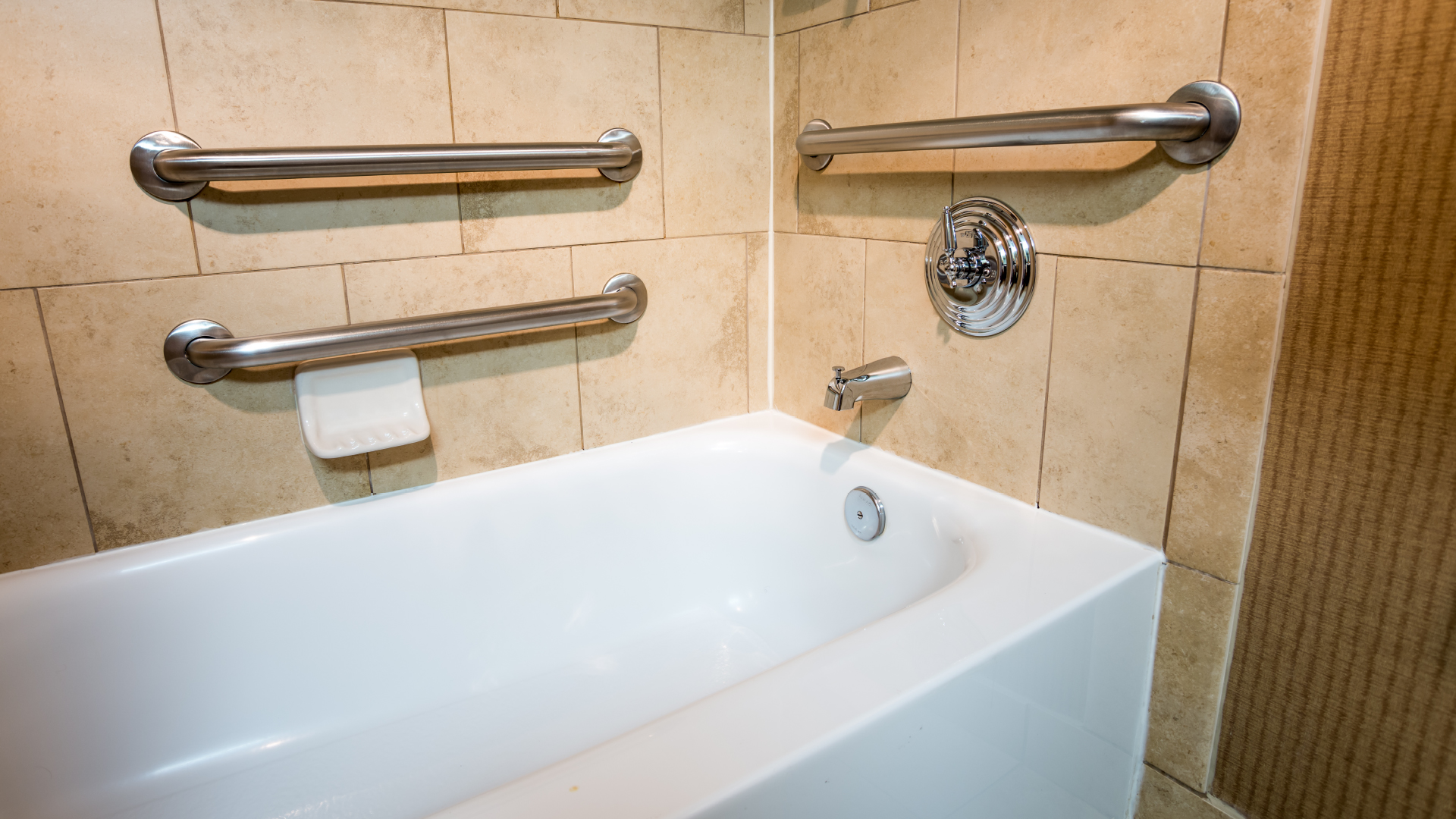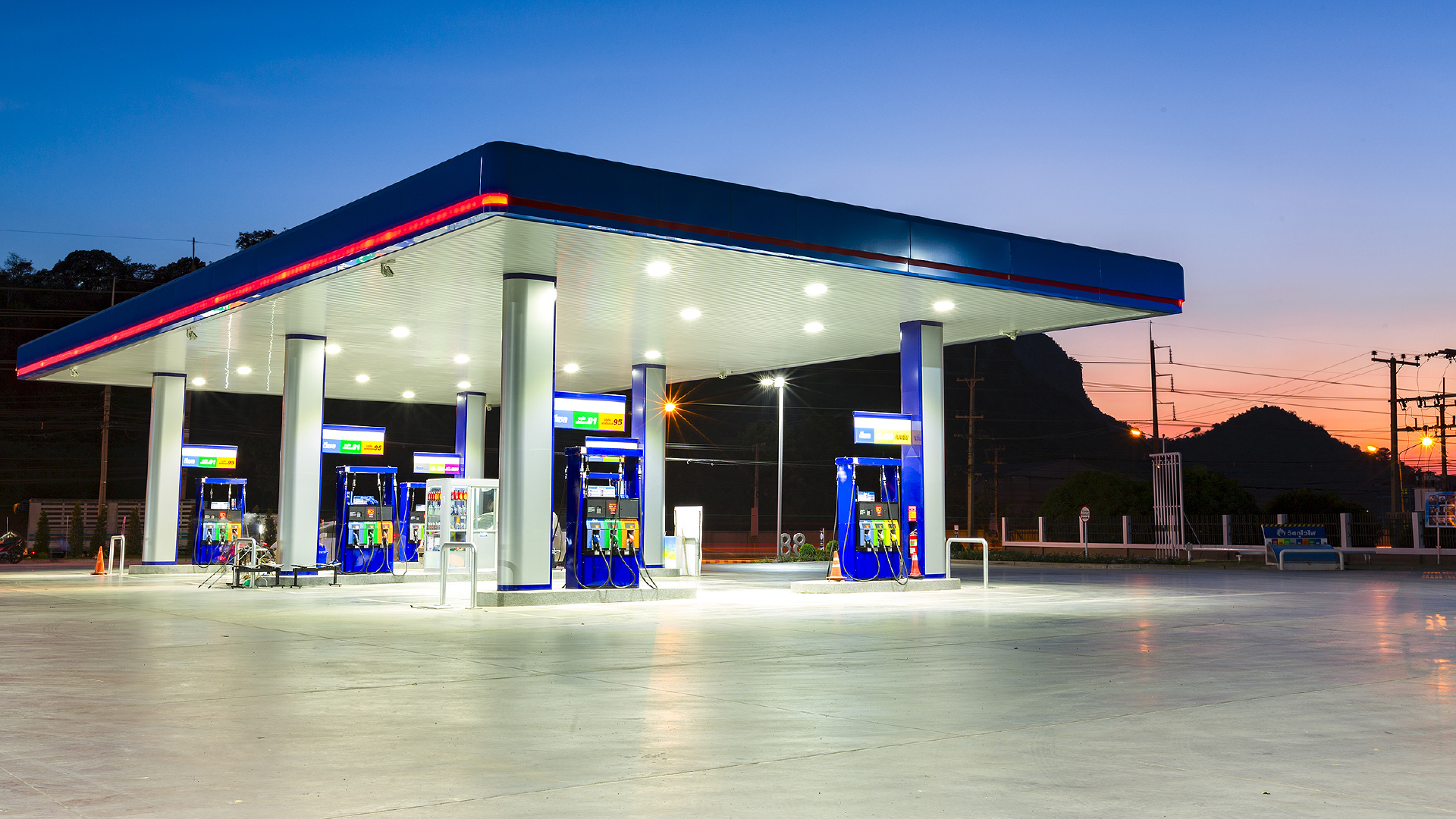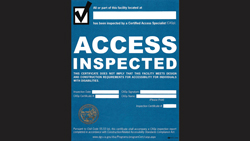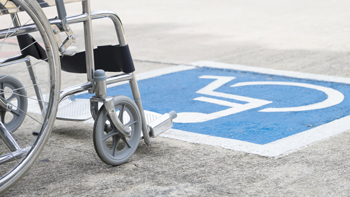

Under the ADA, hotels, motels, inns and other places of lodging designed or constructed after January 26, 1993, must be usable by persons with disabilities. To meet this requirement, lodging facilities must comply with certain regulations published by the Justice Department. The regulations contain detailed architectural requirements called the ADA Standards for Accessible Design (Standards), 28 C.F.R. pt. 36, Appendix A. Each question in the survey describes a requirement contained in the regulations

The Americans with Disabilities Act (ADA) requires self-serve gas stations to provide equal access to their customers with disabilities. If necessary to provide access, gas stations must - Provide refueling assistance upon the request of an individual with a disability. A service station or convenience store is not required to provide such service at any time that it is operating on a remote control basis with a single employee, but is encouraged to do so, if feasible. Let patrons know (e.g., through appropriate signs) that customers with disabilities can obtain refueling assistance by either honking or otherwise signaling an employee. Provide the refueling assistance without any charge beyond the self-serve price.

The biggest hurdle that business owners face when dealing with ADA compliance is the removal of barriers. Barriers can take many forms, and not all of them are obvious to a person without a disability.

Specifically stated for self-storage, 5 percent of the first 200 units must to be wheelchair accessible. Two percent of the remaining units must also be wheelchair accessible. These accessible units should be dispersed among the different types of units the facility provides.

The Americans with Disabilities Act (ADA) requirements for existing facilities are a source of great confusion. We periodically encounter building owners or managers who believe the ADA only applies to new construction or alterations; and therefore, buildings that existed prior to the ADA’s enactment do not need to be accessible. However, the ADA does require the removal of barriers to accessibility in older buildings, and it is critical to understand the precise circumstances when such barrier removal is needed for ADA compliance.

First we analyze what type of business you are in, the ADA requirements for different types of businesses may very, however the end result for non compliance is always the same. From gas stations and hotels, to restaurants and storage facilities, virtually any type of business could benefit from our services.

A detailed inspection along with your analysis will help determine what barriers or signage you may need. A comprehensive game plan for getting your business compliant is then proposed just before Finalizing & Certifying.

Upon completion of the necessary improvements you will receive a certificate of completion from a Certified Access Specialist. This gives your business peace of mind knowing you are not at risk of an ADA lawsuit.
